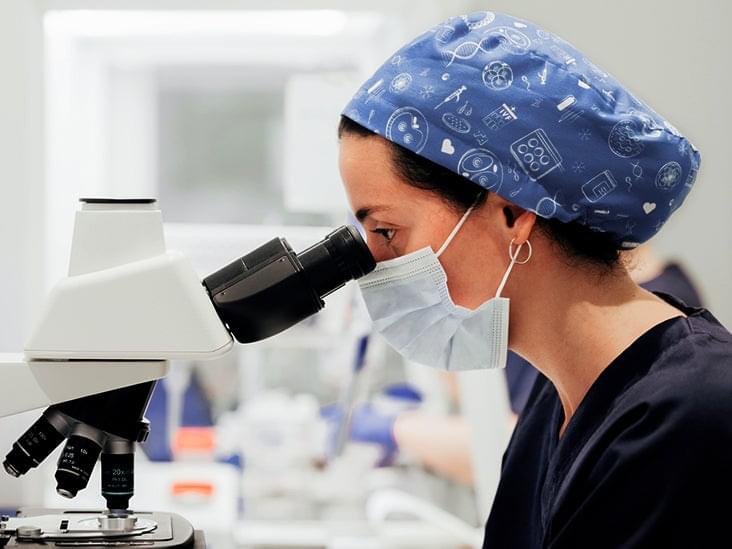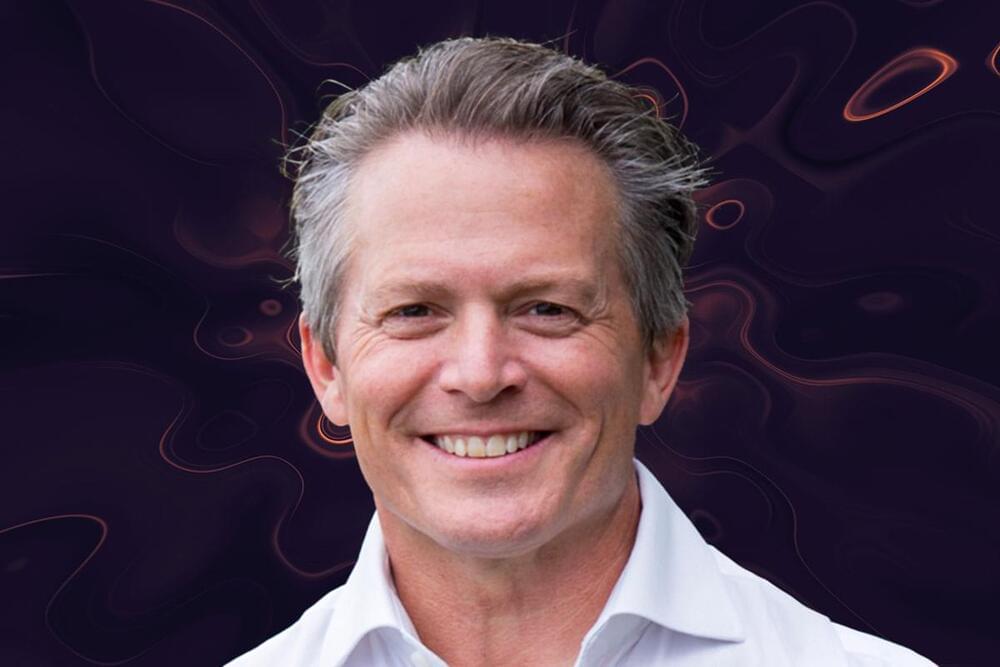LEV becoming mainstream medicine.
Category: life extension – Page 199

The Blood of Exceptionally Long-Lived People Shows Key Differences
Centenarians, once considered rare, have become commonplace. Indeed, they are the fastest-growing demographic group of the world’s population, with numbers roughly doubling every ten years since the 1970s.
How long humans can live, and what determines a long and healthy life, have been of interest for as long as we know. Plato and Aristotle discussed and wrote about the ageing process over 2,300 years ago.
The pursuit of understanding the secrets behind exceptional longevity isn’t easy, however. It involves unravelling the complex interplay of genetic predisposition and lifestyle factors and how they interact throughout a person’s life.

Spheroids vs. Organoids—A Data-Driven Approach for 3D Culture Model Selection
In this October 13 Learning Lab, Hilary Sherman, a Senior Scientist in the Corning Life Sciences Applications Lab, and Robert Padilla, a Field Application Scientist at Corning, dive into the topic of 3D culture techniques and why these technologies should be a part of any researcher’s repertoire.
Three-dimensional (3D) cultures such as spheroids and organoids are an important part of the research model market, helping to close the gap between cell cultures and animal models. Both organoids and spheroids have been used to create in vivo-like tissue models of cancer subtypes to study novel therapies and to make models for tissue engineering and regenerative medicine studies. But there are some key differences, with important implications for various applications. The right tool for a project is not always obvious. For spheroids and organoids, knowing where the cultures are similar and where they differ will help scientists select the best resource for their projects the first time around.
Frozen Bodies Brought Back to Life? Cryogenics and the Science of Immortality
The idea of postponing or even reversing the ageing process has always fascinated humanity. Some claim that immortality will be possible as little as thirty years from now – but will it just be for the rich?
Our team visited research laboratories working on this objective and interviewed the world’s top researchers in the field. We ask just how long humans might be able to live, and what it could involve.
The programme also looks into the popular wish to remain young and extend our lifespan. Some go to the extent of paying 8,000 dollars for a blood transfusion from a young person. We visited the clinic where they perform this bizarre procedure, whose scientific basis has been criticized, and spoken to the people in charge.
SUBSCRIBE for more amazing stories, including free FULL documentaries. At Java Films we have an incredible library of award-winning documentaries: from world-leading investigations to true crime and history, we have something for everyone!
Click the SUBSCRIBE button and make sure to set NOTIFICATIONS to stay updated with all new content!
AI and the quest for immortality — are we defeating death?
Can artificial intelligence, or AI, make it possible for us to live forever? Or at least, be preserved for posterity? What are the current developments in the fields of artificial intelligence and biotechnology?
Will humanity exist without biological bodies, in the near future? Could humans and AI merge into one being? This documentary explores these questions, and more.
The film also explores current advances in AI, robotics and biotechnology. What is the essence of human existence? Can that essence be replicated? Technological development in these fields is rapid. It is also increasingly urgent, as people’s lives play out more and more online. Visionaries, authors, and theorists such as Nick Bostrom, Hiroshi Ishiguro, Douglas Rushkoff and Deepak Chopra are questioning how a humanity without a biological body might evolve.
The scientific community is fascinated by the idea of merging human and machine. However, leading minds are also pondering the question of whether AI might just be the last thing humans ever create.
#documentary #dwdocumentary.
______
DW Documentary gives you knowledge beyond the headlines. Watch top documentaries from German broadcasters and international production companies. Meet intriguing people, travel to distant lands, get a look behind the complexities of daily life and build a deeper understanding of current affairs and global events. Subscribe and explore the world around you with DW Documentary.

Researchers identify link between gut bacteria and pre-clinical autoimmunity and aging in rheumatoid arthritis
While the bacteria in the intestine are helpful for digesting food and fighting infections, they have long been suspected to play an essential role in triggering rheumatoid arthritis. This chronic inflammatory disorder affects the joints.
Mayo Clinic researchers have discovered a link between an abundance of specific gut bacteria and the triggering of an immune response against a person’s tissue. They also found that this happens even before the clinical symptoms of rheumatoid arthritis appear. They published their findings from the study in Science Advances.
“As we age, our gut bacteria and their byproducts change, which impacts our immune system,” says senior author Veena Taneja, Ph.D., a Mayo Clinic immunologist. There is a known link between imbalances in gut bacteria, aging, and rheumatoid arthritis, but it is challenging to prove this connection in humans. “This research sheds light on the complex relationship between gut microbiota and rheumatoid arthritis.”


NeuroTech Analytics
Driving Forces Behind the Growth in UAE’s Life Sciences Industry: the latest from the Life Sciences Division of Deep Knowledge Group created by Deep Knowledge Group, Aging Analytics Agency, Deep Pharma Intelligence, NeuroTech.com, FemTech Analytics, and Deep Knowledge Analytics:
Population Aging: With the world’s population getting older, the demand for medical services is soaring. The UAE is no exception, and this demographic shift is a key driver of growth in the life sciences sector.
New Machines and Drugs: Constant innovation is driving the development of new treatments and drugs to address previously unmet health needs. This not only enhances patient care but also sparks technological… More.
The inaugural Global NeuroTech Industry Landscape Overview 2020 report from Neurotech Analytics maps the market with their analysis to identify the top tech, trends, investors, R&D, sectors, big guns, startups, opportunities, risks, predictions, as well as social and ethical implications of NeuroTech in the global industry.

Beyond the secretome: targeting age-related immune decline
US biotech Immunis has developed an “immunomodulatory secretome” technology targeting age-related immune decline. With preclinical studies showing benefit in muscular atrophy, metabolic and vascular function, tissue inflammation, and immune cell function in a range of age-related disease indications, the Californian company is currently engaged in its first in-human clinical trial for muscle atrophy.
Longevity. Technology: The secretome refers to the substances that are secreted (released) by cells – exosomes, micro-vesicles, proteins, growth factors, hormones, cytokines, and other substances. The secretome is known to play a role in helping repair and regenerate our bodies, but these beneficial secreted factors decline with age. Immunis has developed a novel method to isolate secreted cellular factors that benefit immune system development, modulation, and health – and replenish them. To find out more about the company and its technology, we spoke to its Chairman, Dr Hans Keirstead.
Keirstead is a renowned stem cell expert and serial entrepreneur, founding and successfully exiting several biotech companies in the stem cell space. Back in the early days of the field, he became the first neuroscientist in the world to work with human stem cells.